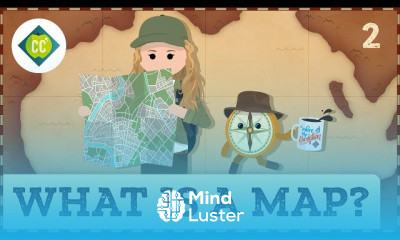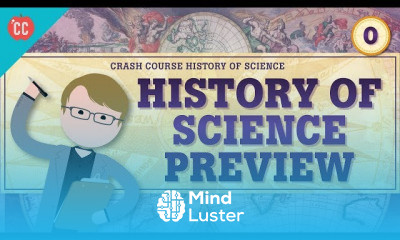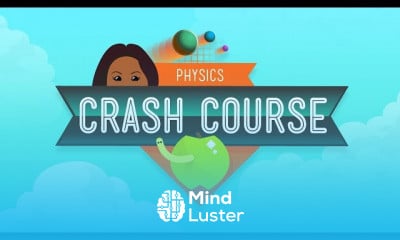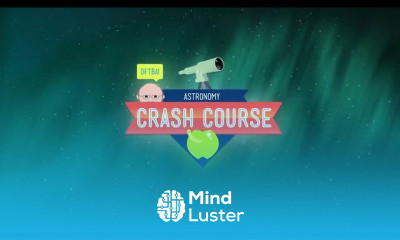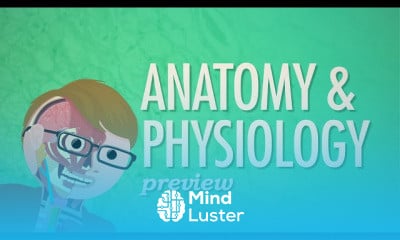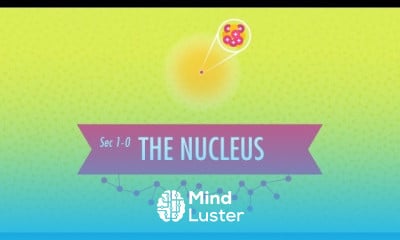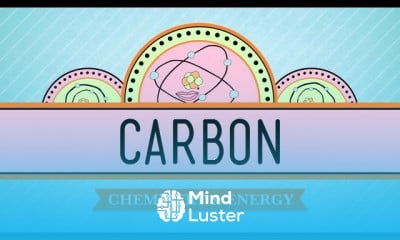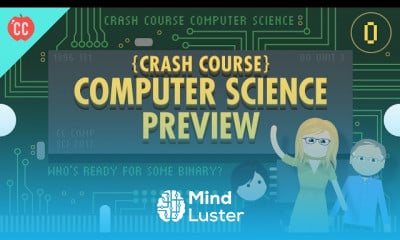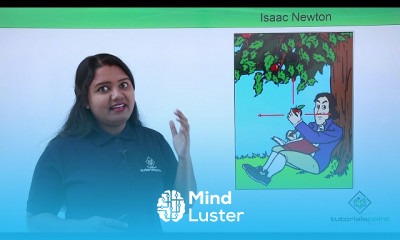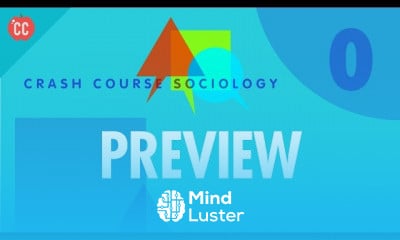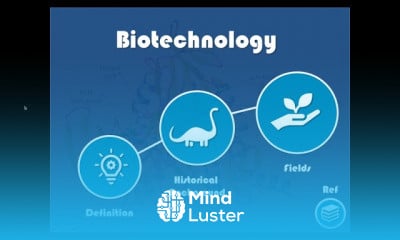Quantum Mechanics Part 2 Crash Course Physics 44
Share your inquiries now with community members
Click Here
Sign up Now
Lessons List | 47
Lesson
Show More
Lessons
Comments
Related Courses in Science
Course Description
Mechanics. Motion and its causes; interactions between objects.
Thermodynamics. Heat and temperature.
Vibrations and Waves Phenomena. Specific types of repetitive motions- springs, pendulums, sound.
Optics. Light (including mirrors), lenses, colors.
Electromagnetism. ...
Relativity. ... 1 Classical mechanics.
2 Thermodynamics and statistical mechanics.
3 Electromagnetism and photonics.
4 Relativistic mechanics.
5 Quantum mechanics, atomic physics, and molecular physics.
6 Optics.
7 Condensed matter physics.
8 High-energy particle physics and nuclear physics. What is basic of physics?
Physics is a natural science that involves the study of matter and its motion through space and time, along with related concepts such as energy and force. Matter is generally considered to be anything that has mass and volume. ... These laws of nature are rules that all natural processes appear to follow. What are the 4 basic laws of physics?
The 4 most fundamental physics concepts
Classical mechanics (the laws of motion) If you've studied any sort of science, you've probably heard the story of Isaac Newton sitting under an apple tree and formulating the basic laws of motion. ...
Electromagnetism. ...
Relativity. ...
Thermodynamics. What are the 2 types of physics?
There are Two Main Branches of Physics, Classical Physics and Modern Physics Who named physics?
He wrote the first work which refers to that line of study as "Physics" – in the 4th century BCE, Aristotle founded the system known as Aristotelian physics. He attempted to explain ideas such as motion (and gravity) with the theory of four elements. What is the hardest branch of physics?
Top Ten Hardest Physics Topics
Quantum Mechanics. I love physics but to say some of it's laws are just too much hard. ...
Electromagnetism. ...
Projectile Motion. ...
String Theory. ...
Electronics. ...
General Relativity. ...
Relative Velocity. ...
Radiation. Can I study physics on my own?
You should really work out problems on your own. If you just watch videos online or read book chapters, you might be convinced that you understand the physics but from my experience it's a wrong feeling. Doing problem sets is the best (and only) way to really master the subject.
Trends
Facebook Business Page Settings
Python for AI for beginners
MS Excel
Tools and toolbar in Photoshop for beginners
Learning English Speaking
Natural Language Processing with Python
Python programming language
English greetings and responses
Introduction To Cyber Security
CSS basics for beginners
React Complete Series
AI fundamentals for beginners
Blockchain development essentials for beginners
Excel skills for busines intermediate
SUM and SUMIF function in excel
Neural network optimization techniques
creating a marketing plan tools
Digital media and marketing strategies
Improve english grammar skills
ChatGPT for marketing beginners
Recent
Python for AI for beginners
Tools and toolbar in Photoshop for beginners
Neural network optimization techniques
SUM and SUMIF function in excel
Machine learning algorithms types
Linux command line essentials
Building a hospital landing page in React JS
Salesforce certified associate
CSS basics for beginners
8x8 LED matrix with arduino for beginners
Building an arduino Light gun basics
Software testing basics for beginners
Video encoding for beginners
Computer security for beginners
Network types for beginners
Compiler optimization techniques
Software engineering basics
Audio editing basics for beginners
FFMPEG advanced techniques
Node based data structures in Java



